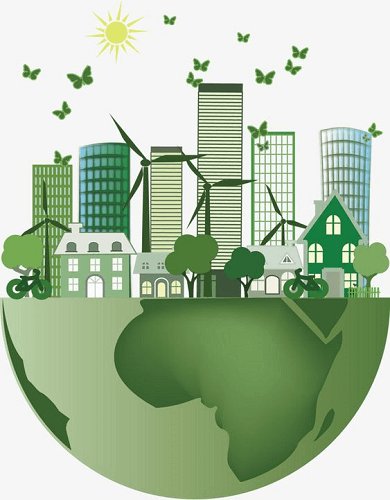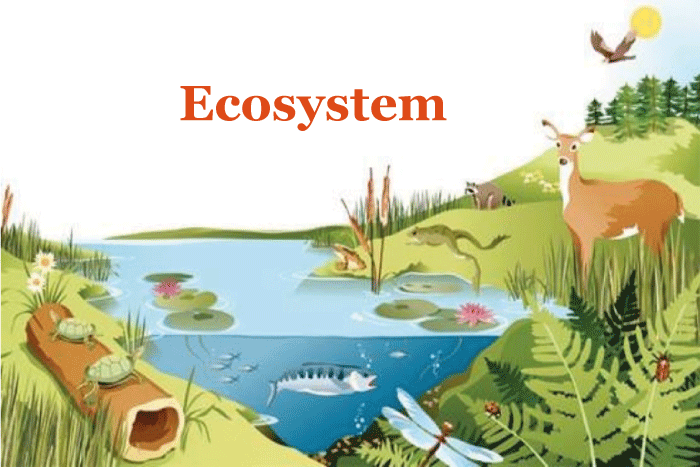Difference between Ecology and EcosystemEcology and Ecosystem are two important terms that are frequently used in the study of environmental science. Despite their apparent similarity, they contain clear distinctions that are crucial to comprehend. We examine the distinction between ecology and ecosystem in this article. What is Ecology?Biology's field of ecology focuses on the investigation of how living things interact with one another and their surroundings. It is the scientific study of how living organisms, including humans, interact with their physical, chemical, and biological surroundings. 
Ecology is a broad field that may be further broken down into a number of subfields, each of which focuses on a different degree of biological organization. These subfields include behavioral ecology, population ecology, community ecology, ecosystem ecology, and landscape ecology.
Ecology is an interdisciplinary science that draws on a range of fields, including biology, geology, chemistry, physics, mathematics, and even social sciences such as anthropology and economics. Ecologists are able to offer significant insights into some of the most critical environmental issues of our day, such as climate change, habitat loss, and biodiversity protection, by comprehending the intricate interactions between living creatures and their environment. What is Ecosystem?A complex community of living things and their surrounding environment, known as an ecosystem, interact with one another to create a constantly changing and self-regulating system. It includes all living and non-living components of an environment, such as plants, animals, soil, water, air, and nutrients. 
Ecosystems can vary greatly in size and complexity, from small ponds and patches of forest to vast oceans and entire biomes. Each ecosystem has its own unique set of biotic (living) and abiotic (non-living) factors that determine the types of organisms that can survive there and how they interact with each other and with their environment. An intricate network of interactions between living and non-living elements defines an ecosystem. As an illustration, plants employ photosynthesis to transform light energy into organic matter. This organic matter is consumed by herbivores, which in turn are consumed by carnivores, forming a food chain. Decomposers then break down the dead organisms and recycle their nutrients back into the ecosystem, completing the nutrient cycle. Ecosystems are not static but rather dynamic and constantly changing. They can be influenced by natural disturbances, such as fires, floods, and storms, as well as by human activities, such as land use changes, pollution, and even by natural climate change. Therefore, it is important to understand and protect ecosystems, as they provide many important services to humans, including clean air and water, food, timber, and recreation. Differences: Ecology vs. EcosystemLet us now explore the notable differences between ecology and ecosystem with the help of the following table:
ConclusionIn conclusion, Ecology and Ecosystem are two related but distinct concepts that are essential for understanding the natural world. The complex community of living things and their physical surroundings that interact with one another to generate a dynamic and self-regulating system is referred to as an ecosystem. Ecology is the scientific study of the interactions between living things and their environments. While Ecology and Ecosystem share many common themes and concepts, they differ in their scope and focus. Ecology is broader and encompasses all living organisms and their environment, while the ecosystem is narrower and focuses specifically on a particular area. Understanding the difference between ecology and ecosystem is essential to gaining a holistic understanding of the natural world and developing strategies to protect and conserve the ecosystems that sustain us.
Next TopicDifference between
|
 For Videos Join Our Youtube Channel: Join Now
For Videos Join Our Youtube Channel: Join Now
Feedback
- Send your Feedback to [email protected]
Help Others, Please Share










